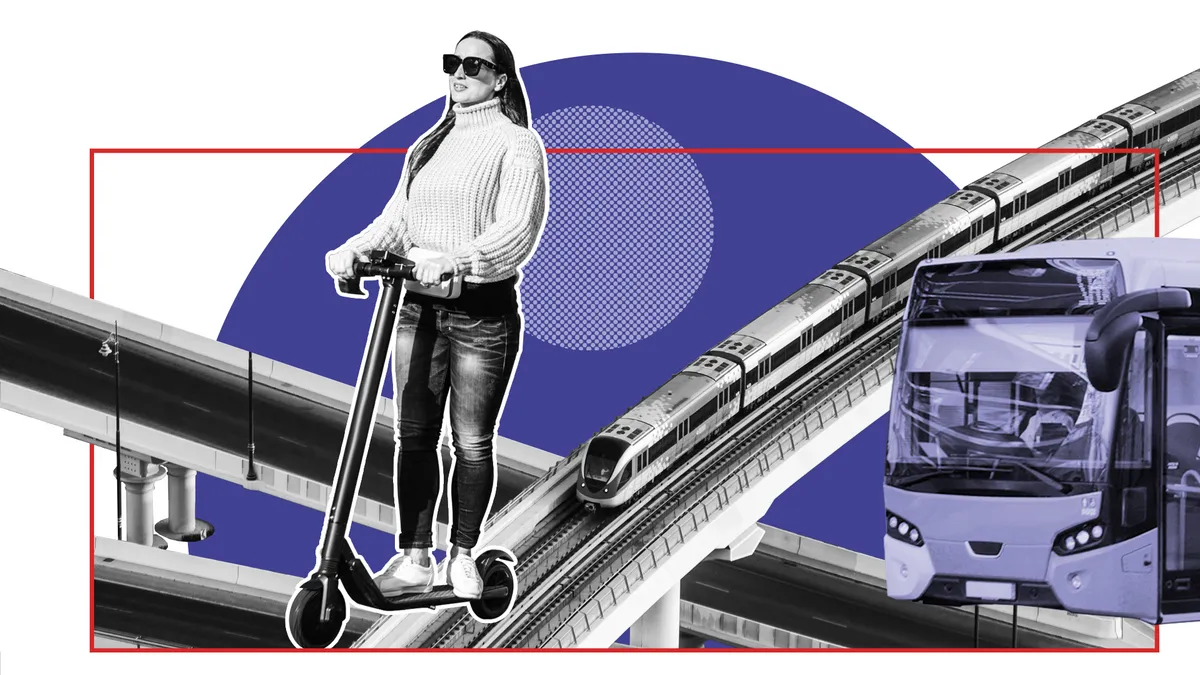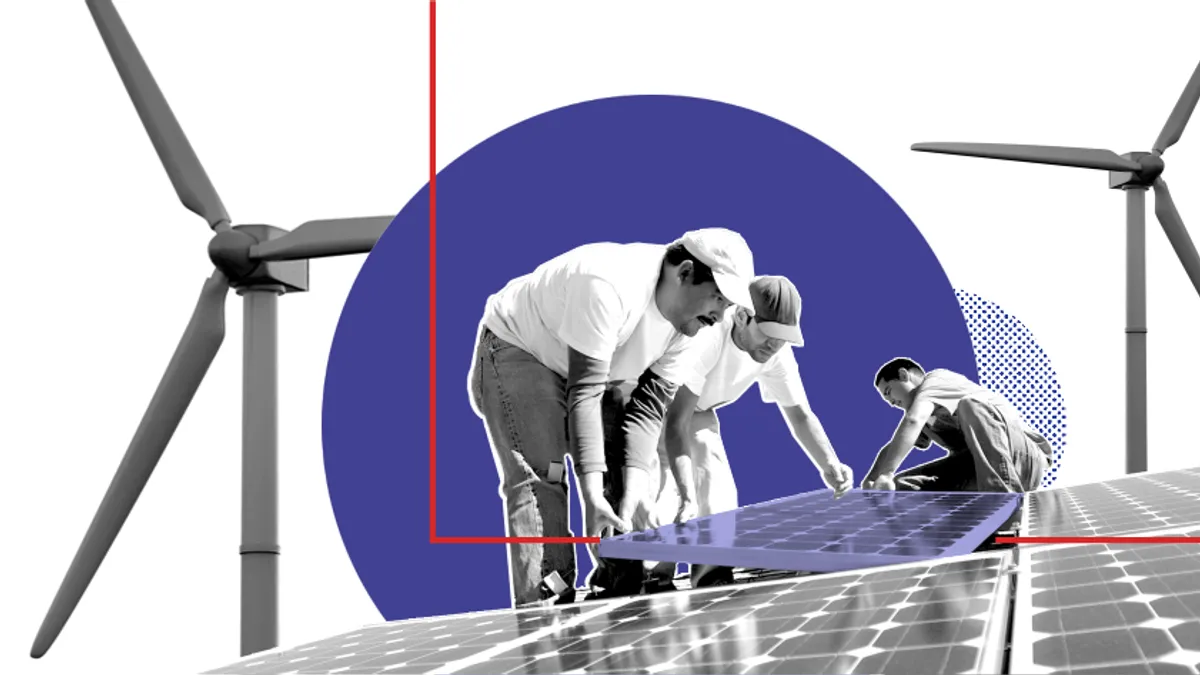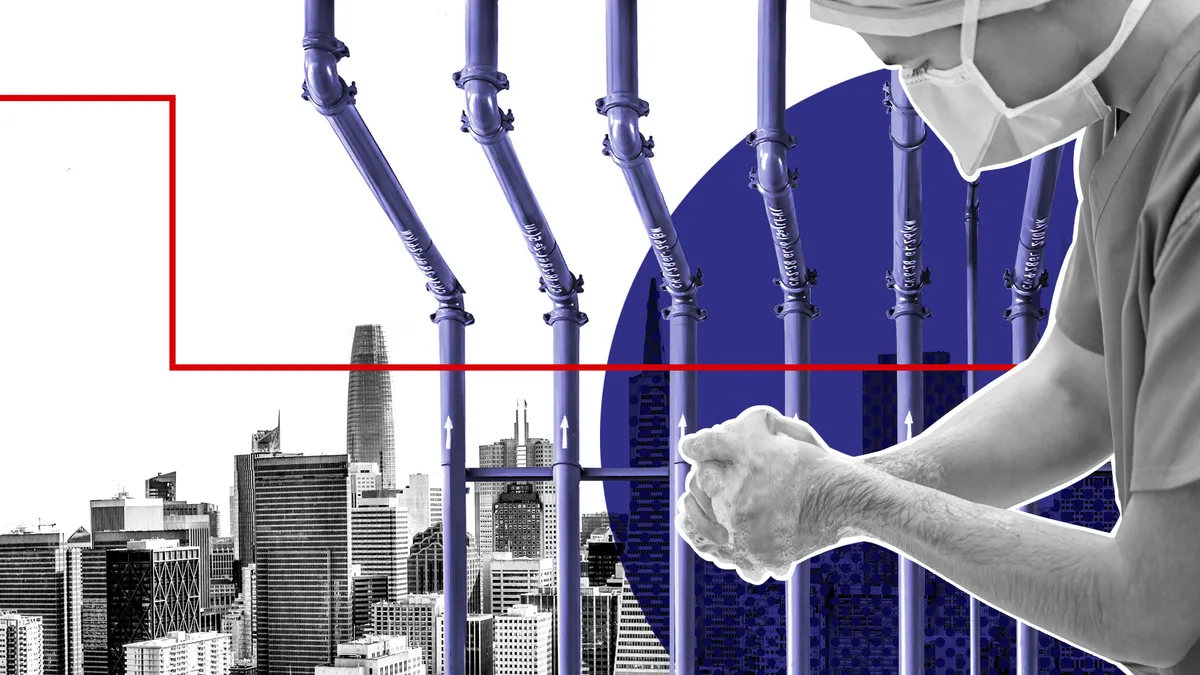After nearly 12 weeks of nationwide calls to mitigate the novel coronavirus (COVID-19), cities are beginning to recover from the most catastrophic crisis of many leaders' tenure. The pandemic marked a turning point for the way metropolitan areas operate, shaping what has been repeatedly dubbed the "new normal."
That phrase has been used to describe a new post-coronavirus reality, where major equity and infrastructure issue are exacerbated yet opportunities for change, resilience and economic stimulus are abundant. Threats of the virus are still apparent, but city departments are beginning to address how lessons learned amid the pandemic can be used to rebuild societal norms.
While the transportation and water sectors see opportunities for renewal of their aging infrastructure, they are also counting the costs of dropping revenue. And with the threat of climate change staring them in the face, many city leaders believe now is the time to prepare for its worst effects. Meanwhile, connectivity challenges have highlighted the still-immense digital divide and need for telecoms to maintain a focus on 5G deployment.
Smart Cities Dive conducted dozens of expert interviews and attended a variety of webinars to learn how cities are recovering from the coronavirus, and how they plan to build a new, pandemic-prepped future. This content package touches on some of the biggest issues facing cities in 2020: climate change, transportation, internet access, water infrastructure and 5G deployment.
What challenges is your city facing as it recovers? Drop us an email or send us a tweet.
















